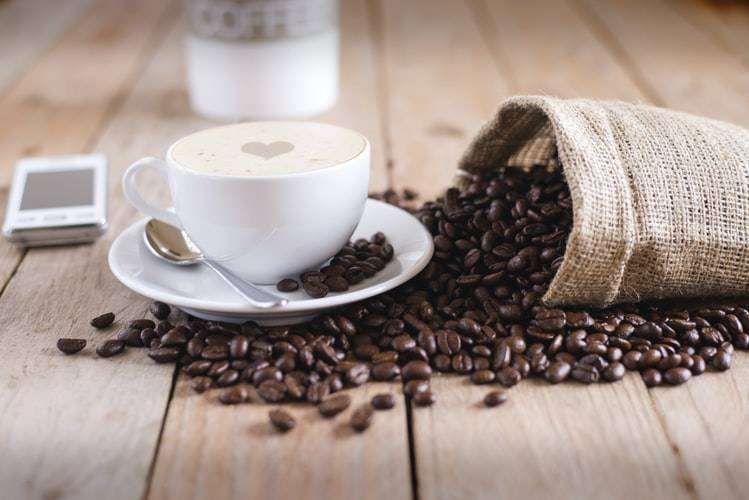The world is facing a severe shortage of "Arabica" coffee, which offers the most delicious flavor and accounts for about 60% of global production, after crops were damaged due to extreme weather conditions. Recovery for the market may take years. Arabica prices are rising to reflect the escalating crisis, while global shipping constraints make it difficult to obtain coffee beans.
Kona Hak, who leads research at commodity trader ED&F Man in London, stated, "This is not just a short-term issue. It's actually something we will consider over the next two years." Now, coffee roasters and retailers must decide whether to raise their prices, but they also have an alternative in the cheaper and harsher "Robusta" beans. Some are already using more of the cheaper varieties that are typically used in instant coffee and contain more caffeine, giving them a bitter taste.
The roots of the crisis trace back to Brazil, the world's major supplier of Arabica beans, where frost that happens once in a generation was followed by drought waves that devastated the crops. Crucially, it is not just the current crop that concerns farmers; some have removed heavily damaged trees, and newly planted plants will take several years to grow. Furthermore, they are also facing rising fertilizer costs and a labor shortage.
Arabica bean prices have risen by about 80% this year. While researchers and analysts are still busy surveying the remnants of the damaged Brazilian coffee crop, reports so far are discouraging. Some cafes and brands focus exclusively on one type, but many use a blend of both to create a specific flavor. Arabica is sweeter and is typically used in drinks like cappuccinos and lattes, while Robusta has traditionally been popular in Italy through espresso and instant coffee.
Vietnam, the largest exporter of Robusta beans, is expecting a bountiful second crop this year, but shipping constraints mean exporters are struggling to ship the harvest. However, unlike Arabica, traders know it’s just a matter of time before Robusta reaches the market.
Of course, many brands and cafes will hesitate to risk alienating customers through changes in blends and flavors. In a small, informal survey of upscale coffee shops in London this week, all whom Bloomberg spoke to insisted they had no plans to add Robusta to their blends.
Any global shift is likely to be slow, although some roasting centers in Brazil are already making the change. In any case, it seems increasingly likely that retail coffee prices will rise.




